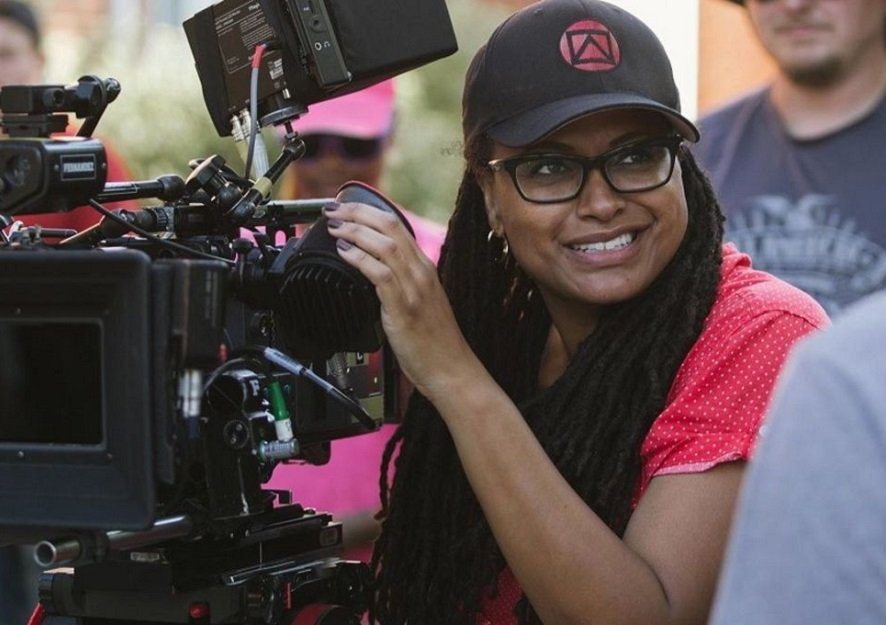For cinephiles of my generation, the success of films has been notoriously shaped by expert takes. Ours is where Yelp meets Robert Ebert; critics becoming key determiners in the commercial valuation and the perception of the artistic quality of films.
This is not to say arts critics are a modern phenomenon. Indeed, the class of media writers who told the world whether your art was great, go as far back as the 18th century.
The point here is that more than ever before, experts have become the vicarious means to which we understand and appreciate film. We are watching through their eyes and loving via their hearts.
There are, however, the few occasional acts of dissent on Rotten Tomatoes where we love the movie the critics hate.
All of the above may be true for the wider industry of film but the story has proven to be a bit different in the context of filmmaking by black people in North America, specifically the US.

From here, I argue that in the course of filmmaking by and for black people in the 20th century and afterward, the roles of the film critic and filmmaker are embodied in one person: the director.
Through the works of directors including Spike Lee, John Singleton, Ava Duvernay, Barry Jenkins, Tyler Perry, and recently Jordan Peele, black people have seen themselves on screen.
Seeing yourself on-screen is one reason why we watch films. The scenes and characters have to be familiar and comparable to what we know off-screen.
No one will really argue that a black cinema-goer is different from their white counterpart. Either group of people are looking to be entertained or even consoled.
What black cinema does not have is the privilege of hundreds of years of academic scholarship and journalism that seeks to guide its storytelling.
In other words, film criticism, as we know it, was not began as an exercise sensitive to the black experience in the United States. Like many other liberal arts, film criticism was the product of the consciousness of white lives and living.
As noted by film and culture academic Richard Dyer in White: Essays on Race and Culture, whiteness is perpetuated beyond the bodily, finding form in other avenues of visual culture.
Dyer argues that we understand whiteness not because it is a phenotype or skin colour but paradoxically because it is “invisible”, better understood as transcendent.
White and white culture is the norm by which all others are measured. In this way, white is not even a race; it is objectivity. Academic areas such as film studies inherited this baggage.
At the risk of oversimplifying, one can see film studies as the academic invention of how to make films. It is no hard science but rather an accumulation of years of educated opinions.
What complements the academic side of film that was moulded by white consciousness is US film characterisation of non-whites.
It is important to appreciate the world that the black film director operates within, especially if their idea is to tell a story from their angle.
The black filmmaker of the 20th century and afterward is making a film for people whose history consists of psychological and physical exploitation; this film will be graded by the white gatekeepers of what is art.
When we understand this world, we get to appreciate more and more the themes and styles of contemporary black filmmakers. Just like how the standards were set by people who did not live or look like them, contemporary black filmmakers had to conceptualise ‘black’ film theory and criticism.
The precedents were simply not there.
Black filmmakers had to create a space and find their social and political voice, and when a unique category of black film critics began to emerge, their job was even distinct from white critics.

As author Elizabeth Reich wrote, “…even the earliest black film critics regularly tasked themselves with going beyond generic reviews of cinematic content, aesthetics and reception; they also offered pointed, frequently prescriptive assessments of films’ socio-political import.”
More recently, African-American directors have taken on themes and stories that do not necessarily resonate with the black experience. And if that says anything at all, it means they can look within and outside.
As an avowed film enthusiast, I am thankful for Michael Schultz’s 1976 Car Wash. I am thankful for Spike Lee’s Do The Right Thing (1992).
And for Boyz n The Hood by Singleton; F. Gary Gray’s Friday and Straight Outta Compton; Duvernay’s Selma, Steve McQueen’s 12 Years A Slave etc.
They set out to make films. But they left the world with how to tell a people’s stories.










